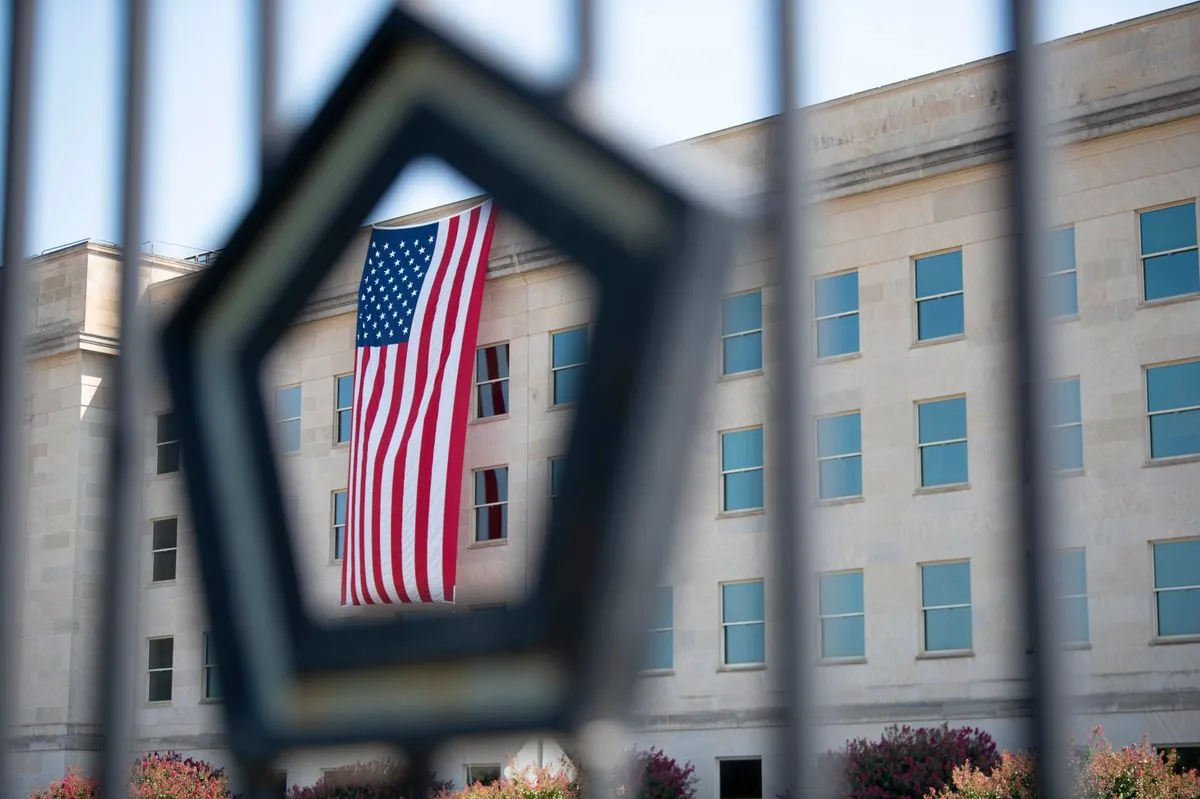U.S. Aid to Ukraine at Risk: $6 Billion Set to Expire Without Congress Action
Nearly $6 billion in U.S. aid for Ukraine will expire by month's end without Congressional approval. The Biden administration seeks an extension, while the Pentagon explores alternatives to maintain support.

As the fiscal year draws to a close, approximately $6 billion in U.S. assistance for Ukraine is set to expire on September 30, 2024, unless Congress takes action to extend the Pentagon's authority to provide weapons from its stockpile to Kyiv. This situation highlights the ongoing challenges in maintaining support for Ukraine's defense efforts against Russian aggression.
The Biden administration has requested that Congress include the funding authority extension in any continuing resolution that may be passed before the end of the fiscal year. This measure is crucial not only for sustaining aid to Ukraine but also for preventing a potential government shutdown. Officials are hoping to secure a one-year extension of this authority.

The Presidential Drawdown Authority (PDA), which allows for the rapid transfer of defense articles and services in response to unforeseen emergencies, has been a key mechanism in providing timely support to Ukraine. This authority, first utilized during the 1961 Berlin Crisis, has proven instrumental in the current conflict. Approximately $5.8 billion in PDA funding is at risk of expiration, while an additional $100 million will remain available beyond the end of the month.
In addition to the PDA funds, there is over $4 billion available through the Ukraine Security Assistance Initiative (USAI), which will not expire until September 30, 2025. Established in 2015, the USAI provides for longer-term contracts that may not deliver weapons for a year or more.
Gen. CQ Brown, chairman of the Joint Chiefs of Staff, emphasized the importance of continued support, particularly in enhancing Ukraine's air defense capabilities. He stated:
"One of the areas that we could do work with them on ... is air defense capabilities and the ability to defend their critical infrastructure. It's very important to Ukraine on how they defend their national infrastructure, but also set their defenses for the winter so they can slow down any type of Russian advance during the winter months."
The potential lapse in funding comes at a critical time, as Ukraine prepares for winter operations and continues its counteroffensive. Five weeks ago, Ukrainian forces made significant advances, crossing into Russia's Kursk region and establishing the first foreign occupation of Russian territory since World War II ended in 1945.
This situation echoes the funding crisis from earlier this year when a divided Congress finally approved a $61 billion aid package for Ukraine after months of deadlock. The delay in passing that funding had severe consequences on the battlefield, allowing Russian forces to make territorial gains as Ukrainian munitions ran low.
Since the resumption of funding, U.S. weapons have played a crucial role in bolstering Ukraine's military capabilities. The ongoing conflict, which began with Russia's annexation of Crimea in 2014, has seen the U.S. provide over $75 billion in total assistance to Ukraine.
As the September 30 deadline approaches, the Pentagon is exploring alternative options to maintain support for Ukraine if the funding extension efforts fail. The outcome of these deliberations will have significant implications for Ukraine's ability to defend its sovereignty and continue its counteroffensive operations against Russian forces.


































